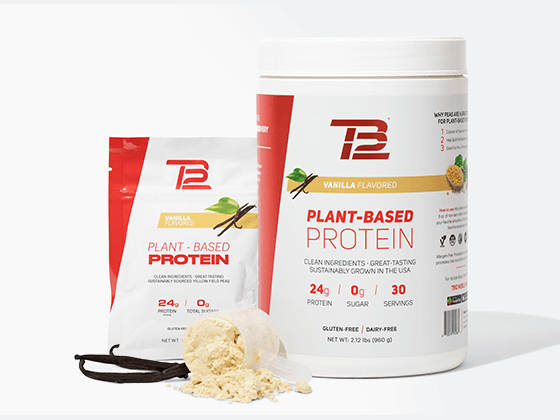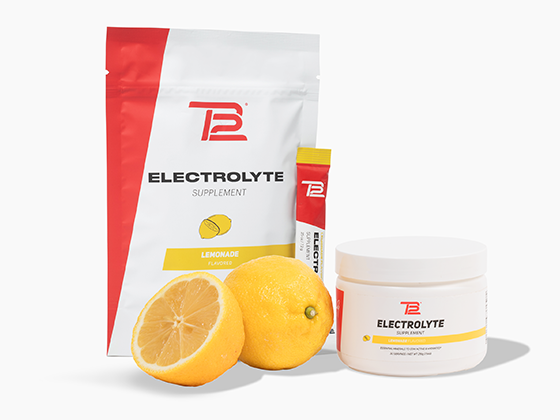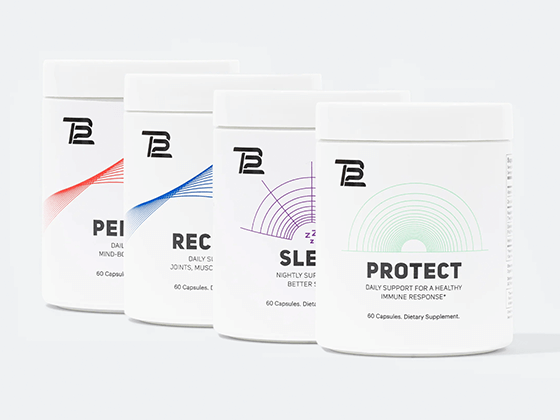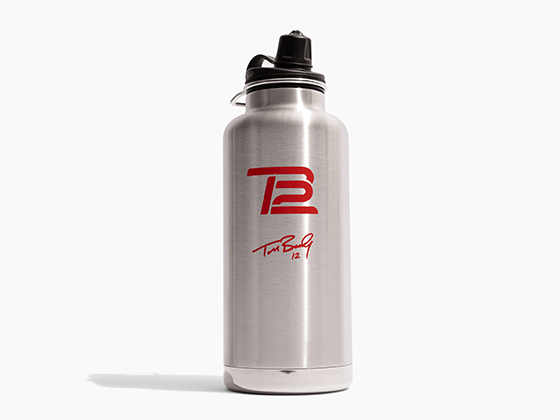WHAT SUPPLEMENTS do you need? Choosing the right supplements to support your needs and lifestyle is confusing. We're bombarded with different nutrition philosophies and opinions when it comes to supplements, by the media, and people in our lives. Yet the questions remain: "Do I need to take supplements?" "What supplements are right for me?" "If I'm eating healthy, do I need to take supplements at all?"
Food First
It's True: food sources, like fresh fruit and vegetables, are the best way to get your vitamins and minerals — not supplements. Unfortunately, most of us don't eat enough nutrient-rich foods to meet the recommended amounts. When this is the case, including an appropriate supplement in your diet can help get you there. However, certain conditions — such as how much sun you get, your age, and your activity level — contribute to your potential need for a nutritional supplement. If something is causing you to need more of a specific nutrient, then supplementation is a great way to help. Omega-3, Vitamin D, and a multivitamin are the supplements you're most likely to benefit from, even if you're very dedicated to healthy eating.
Omega-3
Balancing Act: Omega-3 fatty acids are critical to brain health — not something to take lightly. If you're following a standard American diet, or even if you're vegetarian or plant-based, you're likely getting lots of omega-6 fatty acids with few omega-3s. The ideal ratio of omega-6 to omega-3 is 1:1. It's recommended to eat two servings of fatty fish weekly to sustain this omega-6 and omega-3 balance. If you don't like seafood or don't feel like you can meet that recommendation, have no fear. Omega-3 supplementation can do the job. It's also recommended to include plant-based sources of omega-3 into your diet. Some good examples are chia seeds, ground flaxseed, hemp hearts, and walnuts.If you do choose to supplement, make sure to choose high-quality omega-3.
Multivitamin
Nutritional Insurance: Even if you pay close attention to your nutrition, it's almost impossible to meet all your nutritional needs daily. You likely don't eat the same thing every day and have some days that are "healthier" than others. That's OK. We're all human. Arguably, there is no "perfect" diet. As long as we're giving our body real, whole food, we're following a healthy diet. That being said, a healthy diet filled with diverse, whole food does not entirely fulfill each nutritional requirement you have. Enter: multivitamin. "A multivitamin is a good supplement for average people as well as for athletes," Tom Brady says. "It supplements the basic vitamins and minerals we get from our food." Think of a multivitamin as nutritional insurance — no need to stress about meeting your daily requirements for zinc or B12. Taking a complete multivitamin each day (or even a few times a week) ensures that you're giving your body what it needs. When choosing a multivitamin, look for a clean option with simple ingredients. Avoid supplements with fillers and unnecessary ingredients like flavoring or sugar.
Vitamin D
The Sunshine Vitamin: Vitamin D has received more attention over the last few years. Vitamin D is vital to health. It supports muscle recovery, boosts the immune system, and helps with the absorption of calcium — among numerous other potential benefits. Your body naturally produces vitamin D — aka the "Sunshine Vitamin" thanks to sunlight. That's not the end of the story, though. If you live north of latitude 37 — in the US, Virginia to San Francisco — you likely don't get enough vitamin D. Eating vitamin D-rich foods like mushrooms, eggs (with the yolk), and fatty fish (such as salmon or swordfish) can help tremendously. Plus, a supplement an be a wise addition to your regular diet if your home climate isn't very sunny. "A multivitamin is a good supplement for average people as well as for athletes. It supplements the basic vitamins and minerals we get from our food." — Tom Brady
Immune Strengthening Supplements
TB12 Protect: Our immune system is incredibly complex and requires a lot of nutrients to function at full capacity. While we can often get these nutrients from our diet, certain supplements can provide an added boost or fill the missing gaps. TB12 Protect helps your immune system recover from a variety of stressors and enhance key immune functions. The ingredients in Protect help increase circulating levels of white blood cells and antibodies, improve immune cell communication and efficiency, and help manage your immune response to prevent overstimulation. For example, nutritional yeast specifically supports cells called Macrophages, which are part of the adaptive immune system and “sound the alarm” when they encounter threats. The Beta Glucan aka nutritional yeast in Protect primes macrophages for activity to help keep your immune system vigilant. Each ingredient in Protect serves a purpose just like Beta Glucan. From Vitamin C to Zinc and Elderberry to Larch Tree Extract, the unique combination is designed to help strengthen and build your immune system over time.
Supplement Smart
Focusing on a healthy, balanced diet with appropriate supplementation will keep you on the road to success. Supplementation, when done in an informed and safe way, can play a potent role in your overall health. Always consult your doctor or dietician when taking a new supplement to ensure there are no risks or interactions.
Dial in your nutrition with TB12 and schedule a TB12 Nutrition Consultation. Please call the TB12 Performance & and Recovery Center in Boston at 857.449.7525 or for the TB12 Center in Foxboro call 508.543.4900.







